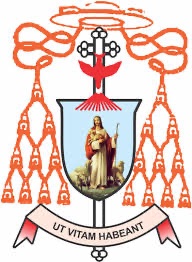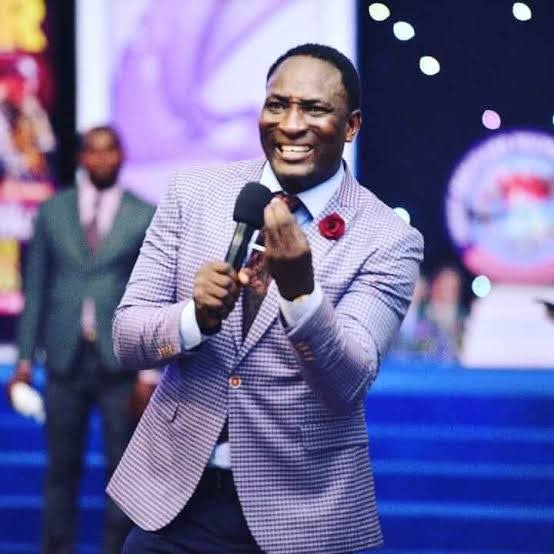
Breaking News: Onitsha Catholic Bishops Call for Prayer and Fasting Amid Escalating Violence

Nigeria is once again thrust into the global spotlight with a pressing call from the Catholic bishops of the Archdiocese of Onitsha.
In response to the relentless wave of bloodshed and killings sweeping across the nation, the bishops have declared Friday, June 20, 2025, as a special day of prayer and fasting.
This spiritual initiative aims to seek divine intervention to halt the escalating violence, particularly in regions like Benue and Enugu, where recent attacks have left communities in despair.
Accompanying this announcement is the striking image of the Archdiocese’s coat of arms, featuring the Latin phrase "Ut Vitam Habeant" ("That they may have life"), symbolizing a desperate plea for peace and restoration in a country gripped by turmoil.
The decision comes on the heels of alarming reports detailing the severity of Nigeria’s security crisis.
According to data from Beacon Security and Intelligence Limited, cited by the BBC, over 1,043 individuals lost their lives in Benue State alone between May 2023 and May 2025.
This figure underscores a broader conflict, often framed as a herder-farmer clash exacerbated by environmental pressures such as climate change-induced desertification in Nigeria’s northern regions.
The southward migration of herders into already strained areas like Benue has fueled a cycle of revenge and violence, with no single group definitively blamed by authorities.
However, recent reports, including a Blaze Media article from June 18, 2025, highlight a particularly gruesome raid by suspected Fulani militants in Benue, where over 200 Christians, many from predominantly Catholic communities, were brutally killed.
Advocates have labeled this a genocide, a claim echoed by church leaders and even Pope Leo XIV, who recently prayed for "security, justice, and peace" for Nigeria’s beleaguered Christian populations.
The bishops’ call to prayer reflects a deep-rooted faith in spiritual solutions, a tradition within the Catholic Church that has seen growth despite the violence.
OSV News reported a surge in confirmations and Mass attendance, suggesting resilience amid adversity.
The coat of arms, with its depiction of Jesus as the Good Shepherd and the vibrant orange ecclesiastical symbols, serves as a visual reminder of this hope.
Yet, this approach has sparked heated debate on social media platforms like X. Critics argue that prayer alone is insufficient, with users like
@Chukwunwendu8 and @APC_Vaccine
questioning its effectiveness compared to decisive action, drawing parallels with Israel’s military response to security threats rather than reliance on prayer.
This dichotomy raises an intriguing question: can spiritual measures complement or replace physical action in resolving conflict? While historical examples and religious teachings often advocate prayer as a tool for peace—evident in the bishops’ invitation to the faithful across Nigeria’s religious provinces—no comprehensive, peer-reviewed studies directly measure its impact against military or governmental interventions in similar contexts.
This lack of empirical data leaves the debate open, with some viewing the prayer day as a symbolic gesture to unite communities, while others see it as a sidestep from addressing root causes like inadequate security infrastructure or political will.
The Archdiocese of Onitsha, established as an Apostolic Prefecture in 1889 and elevated to its current status by 1948, holds significant influence in Nigeria’s southeast.
Its Holy Trinity Basilica stands as a beacon for the faithful, and the bishops’ statement urges not just prayer but also a collective demand for governmental action to restore safety.
As Nigeria grapples with this crisis, the world watches, with the June 20 event poised to draw international attention.
Whether this day of fasting and prayer will yield tangible results or serve as a catalyst for broader action remains to be seen, but it undeniably marks a critical moment in Nigeria’s ongoing struggle for peace.
Stay tuned for updates as this breaking news story develops, reflecting the nation’s complex interplay of faith, violence, and hope.


